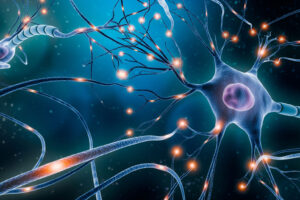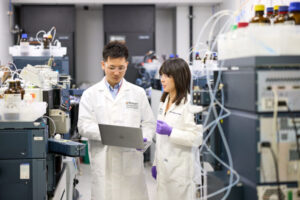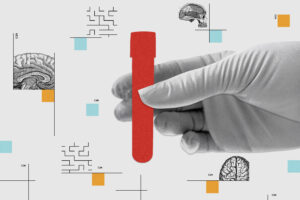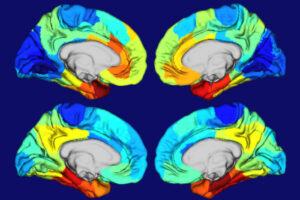A growing pile of evidence indicates that the tens of trillions of microbes that normally live in our intestines — the so-called gut microbiome — have far-reaching effects on how our bodies function. Members of this microbial community produce vitamins, help us digest food, prevent the overgrowth of harmful bacteria and regulate the immune system, […]
Gut bacteria affect brain health, mouse study shows (Links to an external site)









